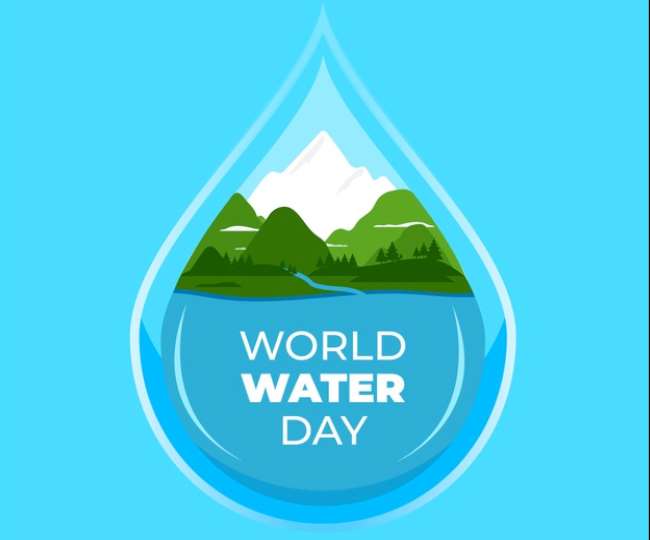WORLD WATER DAY
- United Nations (UN) proposed to celebrate World Water Day on 22 March each year, according to the agenda 21 of United Nations. This was first proposed in the conference of United Nations on environment and development in 1992. And the first world water day was celebrated on 22 March 1993.
- Water is one of the essentiality of life on earth, without water life will not exist. Water is everywhere, we can find it from the foods we eat and beverages we drink. It has also many uses in our daily life like cleaning ourselves, washing the clothes, watering the plants and others. Water can also refresh us during hot days of summer, like swimming. When we go to supermarkets we see different products which contain water.
- All living organisms need water, without it, they will try.
- World Water Day celebrates water and raises awareness of the 2.2 billion people living without access to safe water. It is about taking action to tackle the global water crisis. A core focus of World Water Day is to support the achievement of Sustainable Development Goal 6: water and sanitation for all by 2030.
- The UN also uses this day to highlight the importance of water usage and the effects it can have on climate change. The campaign shows how our use of water can help reduce floods, droughts, scarcity and pollution, and how it can help fight climate change itself.
- By adapting to the water effects of climate change, the UN believes that we can protect health and save lives. And, by using water more efficiently, we can all help to reduce greenhouse gases.
- World Water Day will focus on the theme, Valuing Water this year. This target will extend beyond concerns of cost to include the environmental and socio-cultural value placed on water resources. World Water Day 2021 is about what water means to people, its value and how we can protect this essential life resource.
- By considering all the threats and problems, the theme of World Water Day 2021 is valuing water. The value of water is about much more than its price – water has enormous and complex value for our households, food, culture, health, education, economics and the integrity of our natural environment. If we overlook any of these values, we risk mismanaging this finite, irreplaceable resource.


